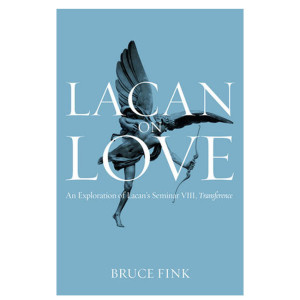Re-reading Freud's 1905 edition of Three Essays on the Theory of Sexuality
This book presentation is devoted to the newly translated and annotated English edition of Freud’s 1905 Three Essays on the Theory of Sexuality (Verso, 2016).
Freud’s publication is one of the grounding texts of 20th-century European thinking. In it Freud develops a highly innovative theory of sexuality for which pathology serves as a model to understand human existence. Freud published this text five times during his lifetime. In the book presentation, the editors will highlight the potential of the text in its relevance for contemporary psychoanalytic theory. This potential concerns three main issues. First, the text is important as regards its theory of sexuality: infantile sexuality is seen as strictly autoerotic and without an object, and hence, cannot be described in oedipal terms – Freud’s first theory of sexuality is a non-oedipal theory. Second, Freud opts for a very interesting, "pathoanalytic“ perspective on sexuality, when using the psychoneuroses (especially hysteria) as the model to understand the general human sexual constitution. Third, Freud offers a profound critique of heteronormative and functional theories of sexuality and the perversions in his contemporary psychiatric and sexological literature. Re-reading the Three Essays shows that we have to reconsider the genesis of Freudian thinking, and psychoanalysis’ potential in contemporary debates on sexuality, gender and normativity.
Biographies:
Philippe Van Haute is Professor at the Center for Contemporary European Philosophy, Radboud University Nijmegen, the Netherlands, and Extraordinary Professor of philosophy at the University of Pretoria, South Africa. He is a psychoanalyst of the Belgian School for Psychoanalysis and a founding member of the Société internationale de psychanalyse et de philosophie/ International Society for Psychoanalysis and Philosophy. He has published numerous books, among them Against Adaptation (2002), Confusion of Tongues (with Tomas Geyskens, 2004), From Death Drive to Attachment Theory (with Tomas Geyskens, 2007), and A Non-oedipal Psychoanalysis? (with Tomas Geyskens, 2012). He is the coeditor of the book series Figures of the Unconscious (Louvain University Press).
Herman Westerink is Lecturer at the Center for Contemporary European Philosophy, Radboud University Nijmegen, the Netherlands, and Extraordinary Professor at the University of Leuven, Belgium. He is a member of the Société internationale de psychanalyse et de philosophie/International Society for Psychoanalysis and Philosophy. He has published numerous books and articles on psychoanalysis, including A Dark Trace: Sigmund Freud on the Sense of Guilt (2009) and The Heart of Man’s Destiny (2012). He is Editor of the book series Sigmund Freud's Werke: Wiener Interdisziplinäre Kommentare.



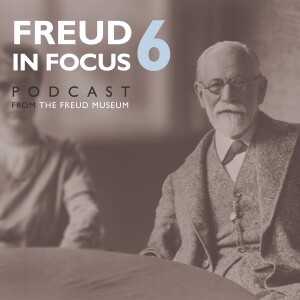
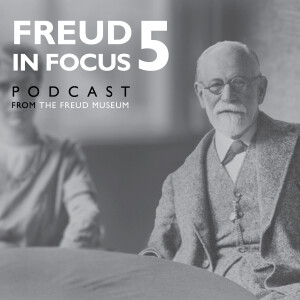
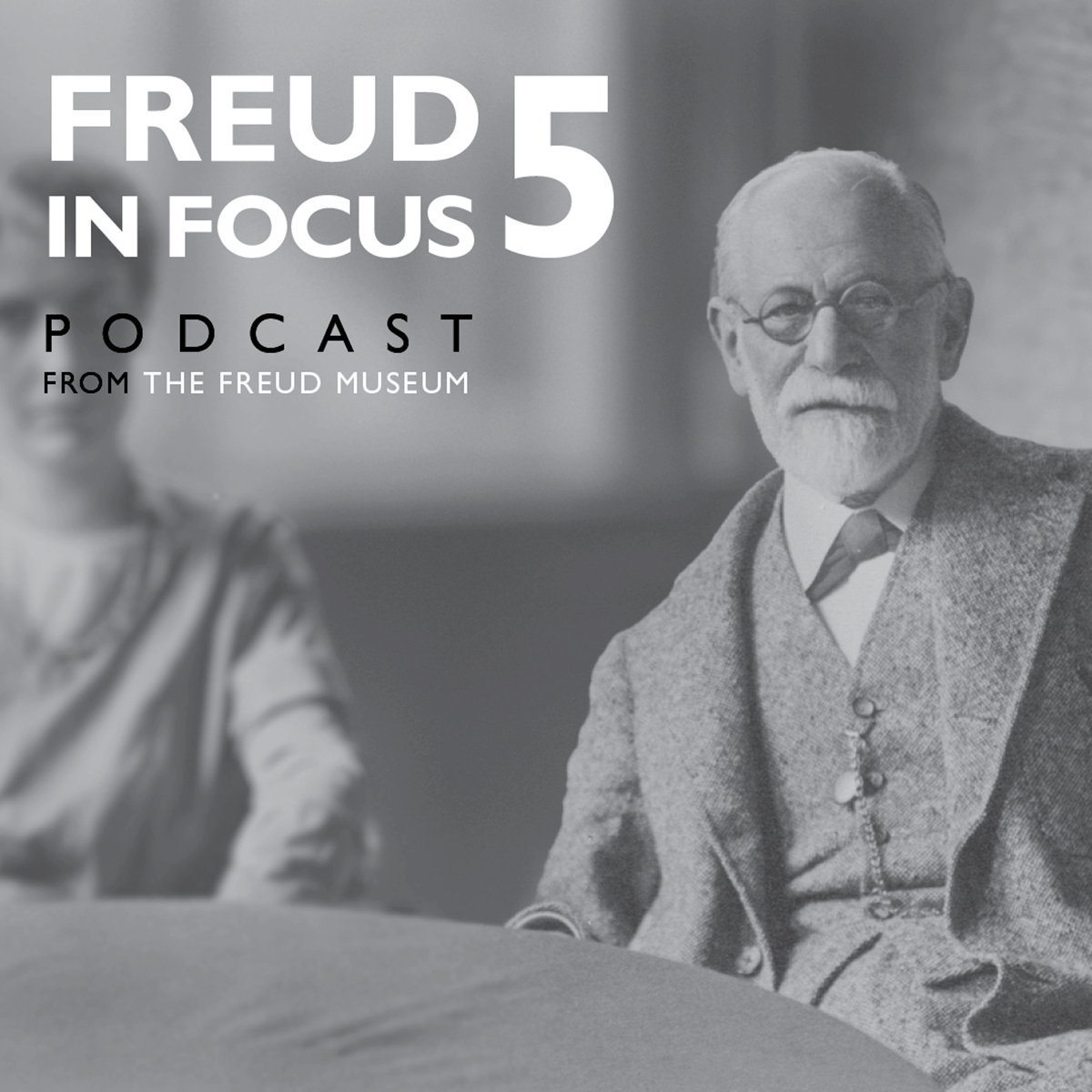
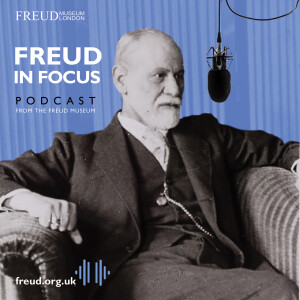
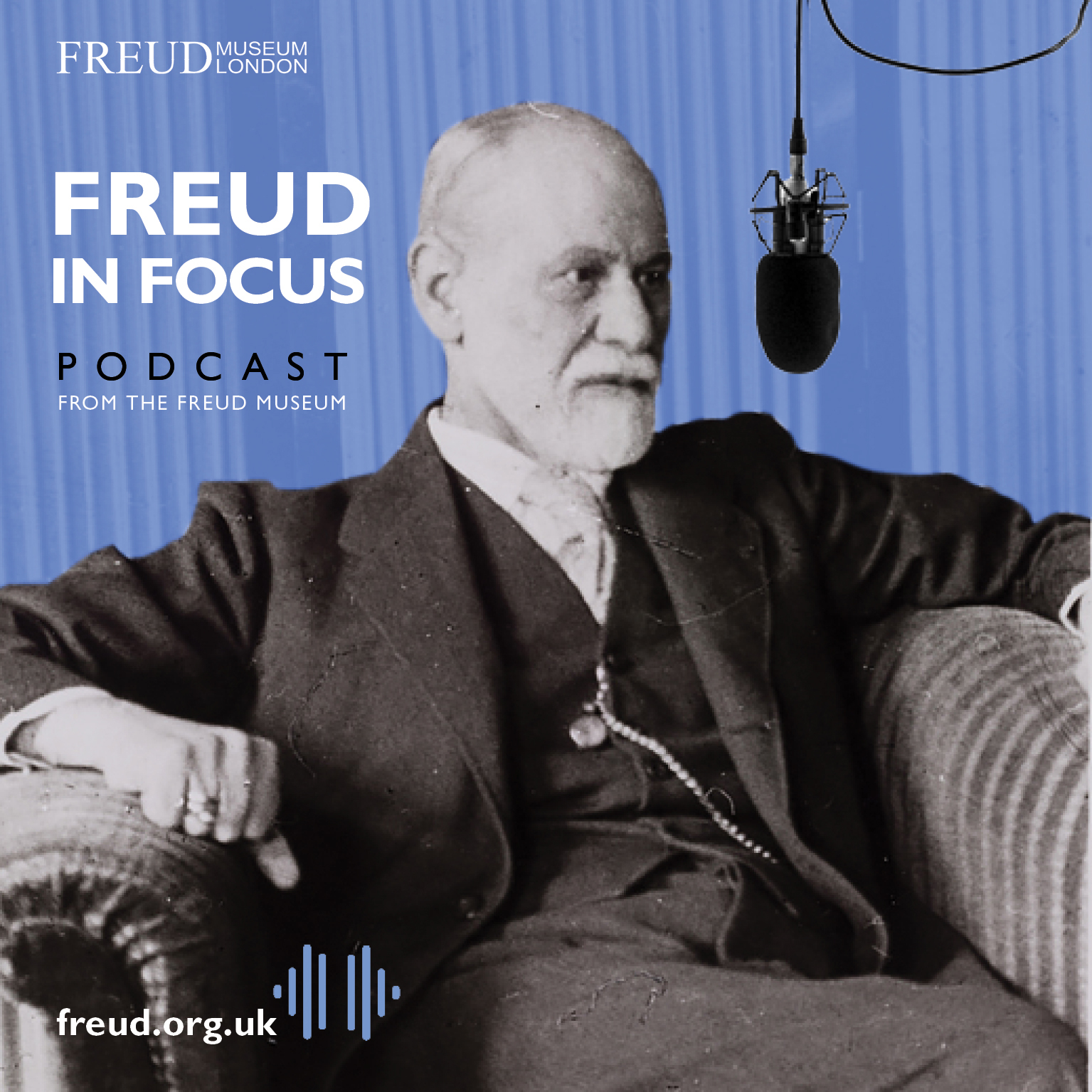
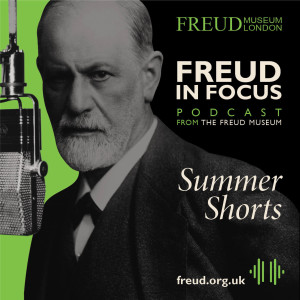
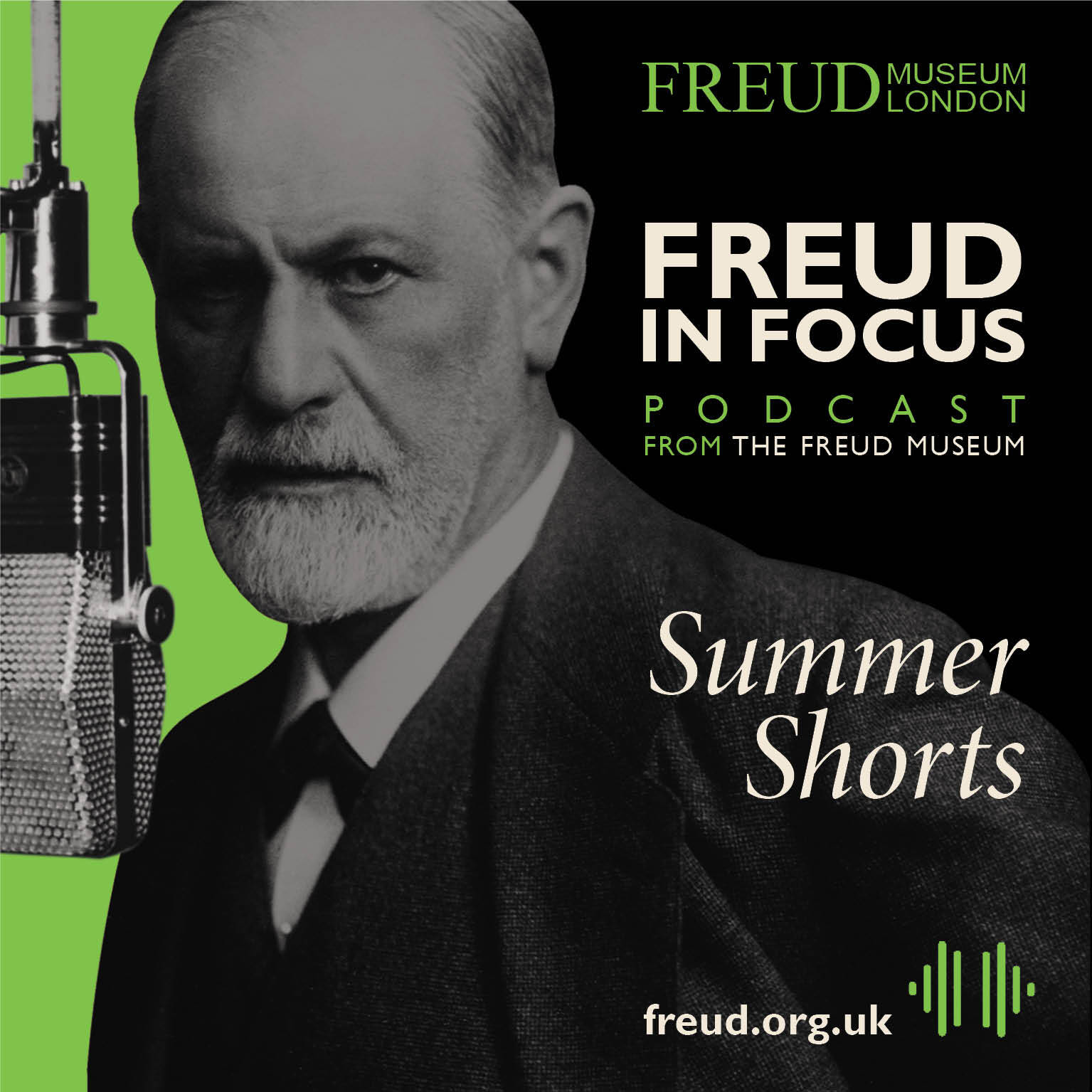
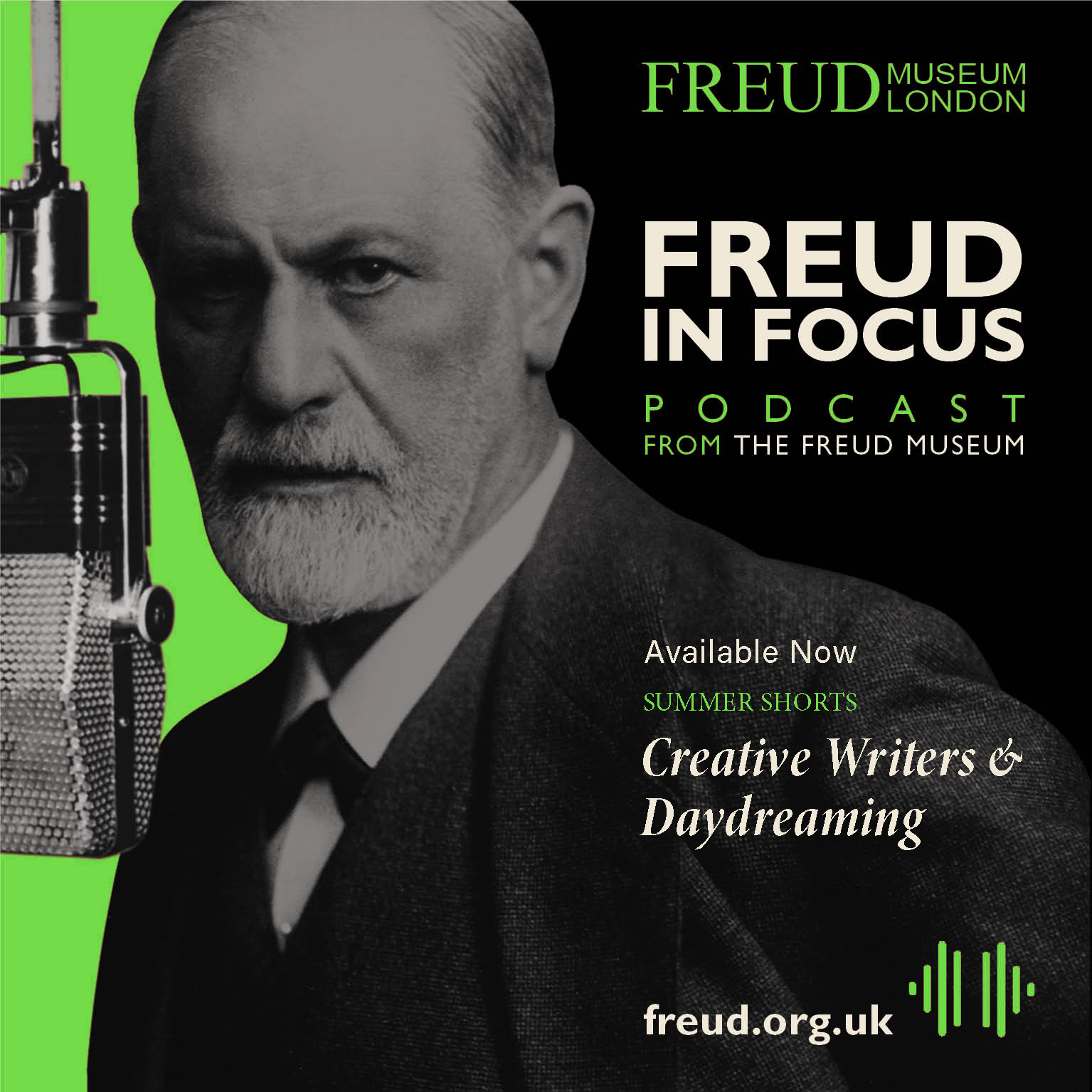
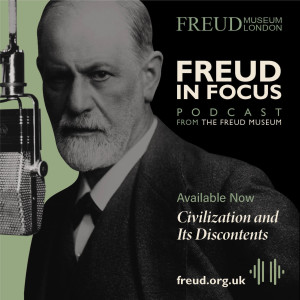
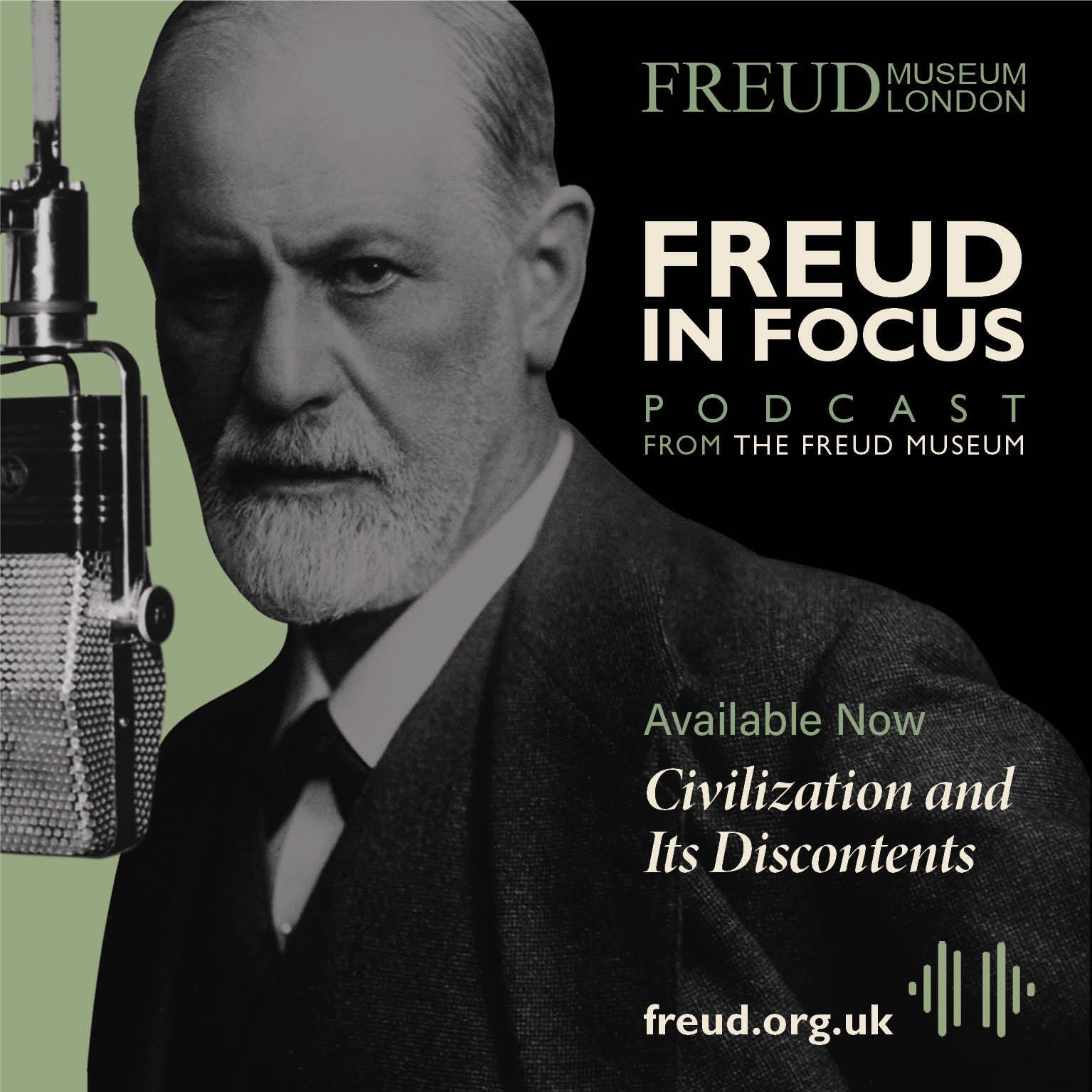
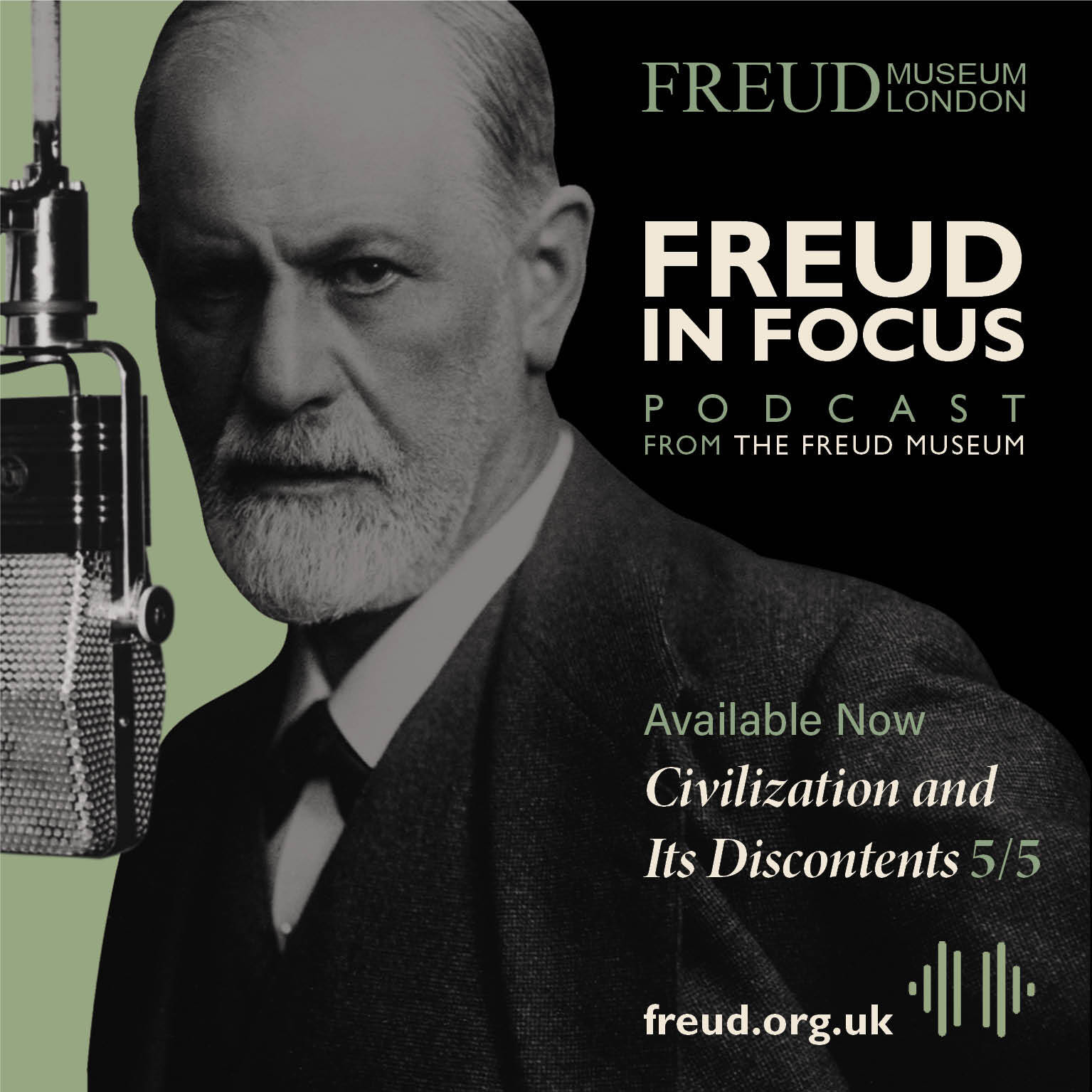
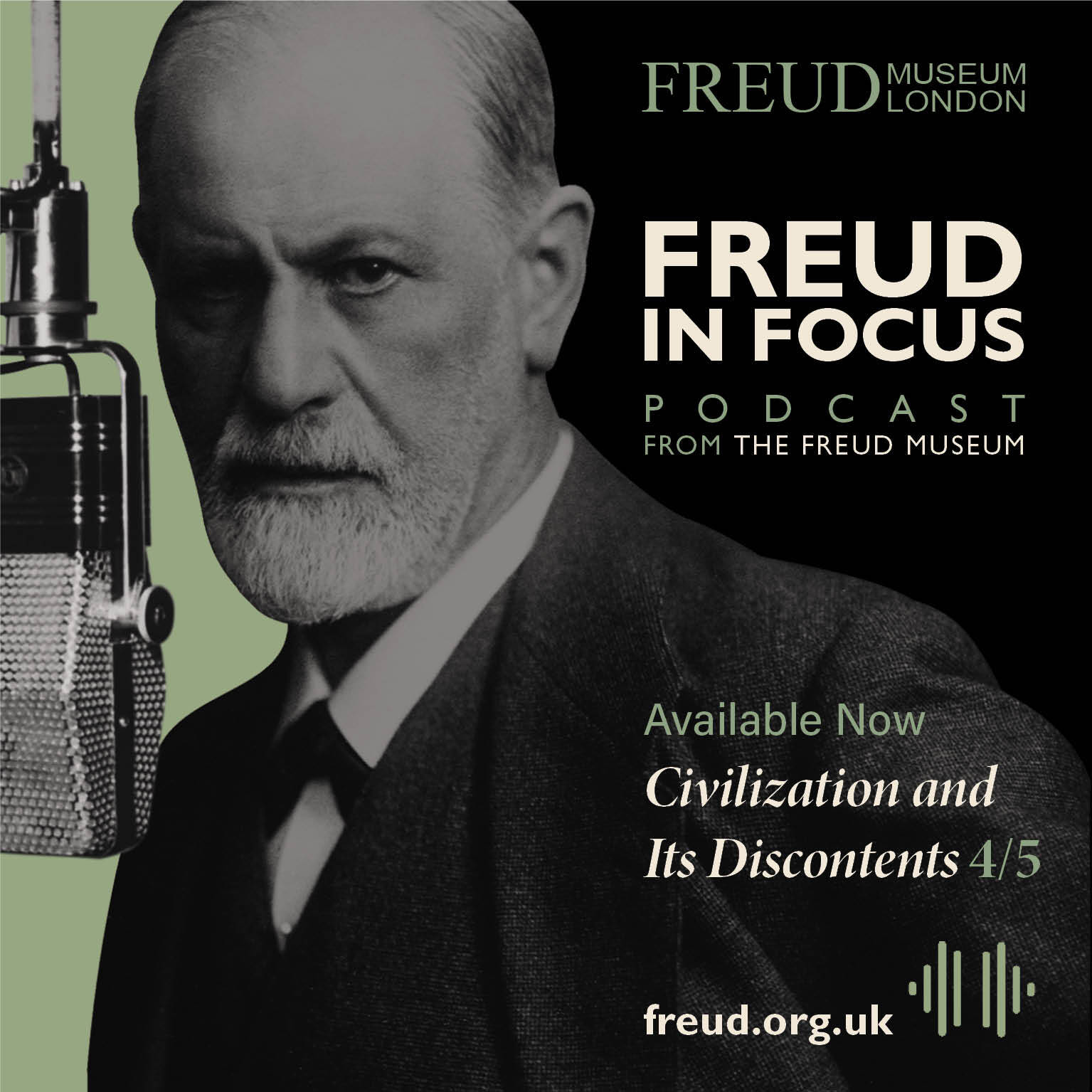
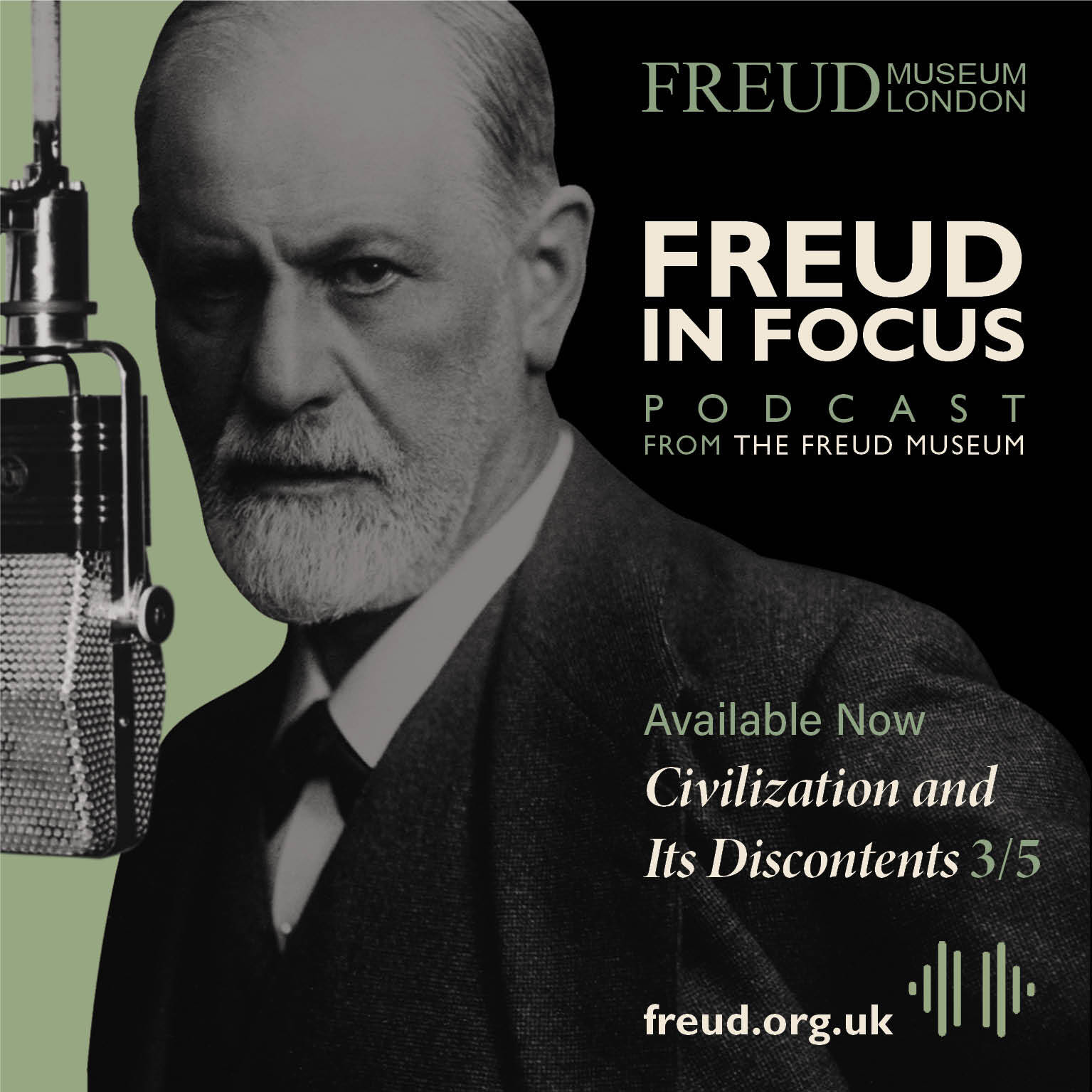
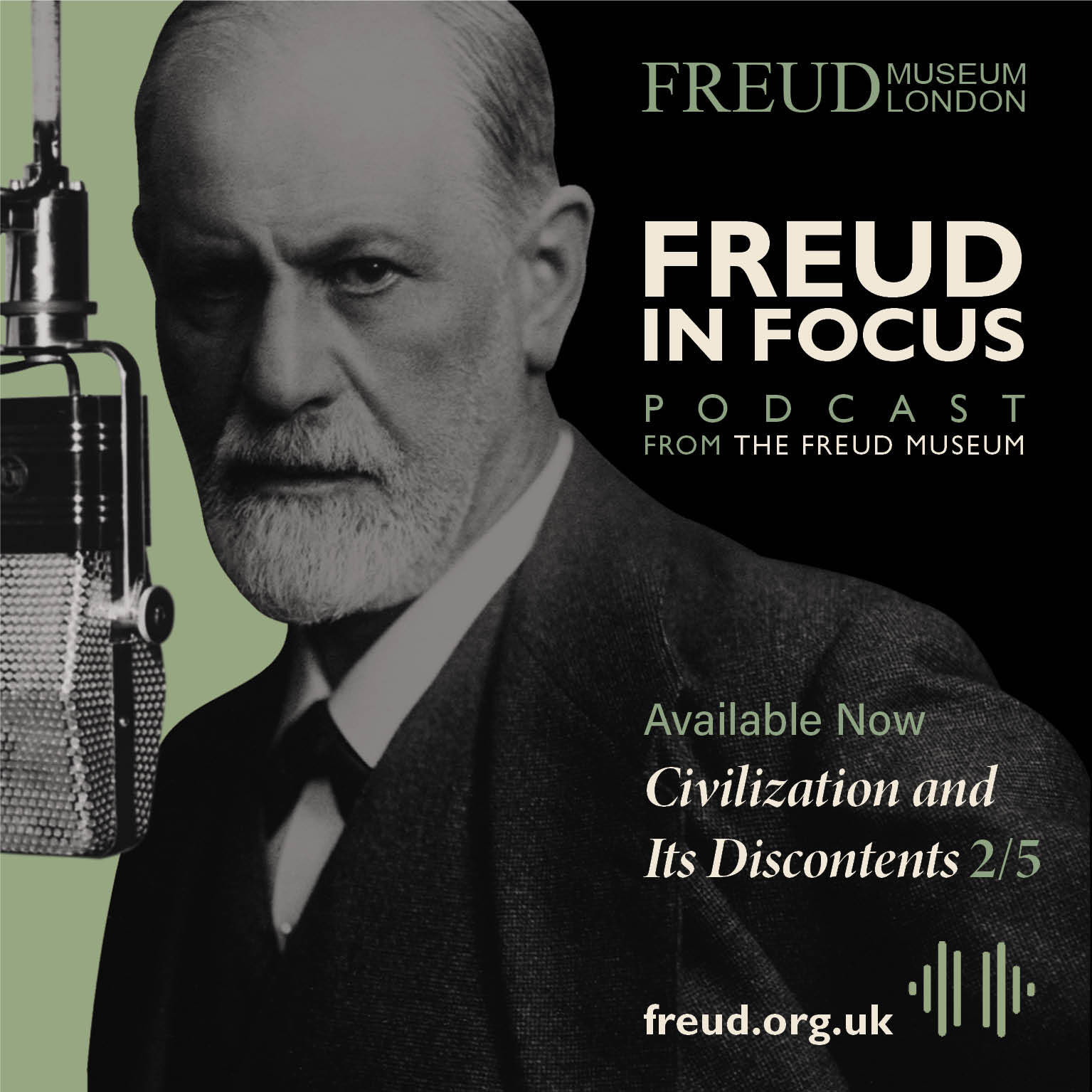
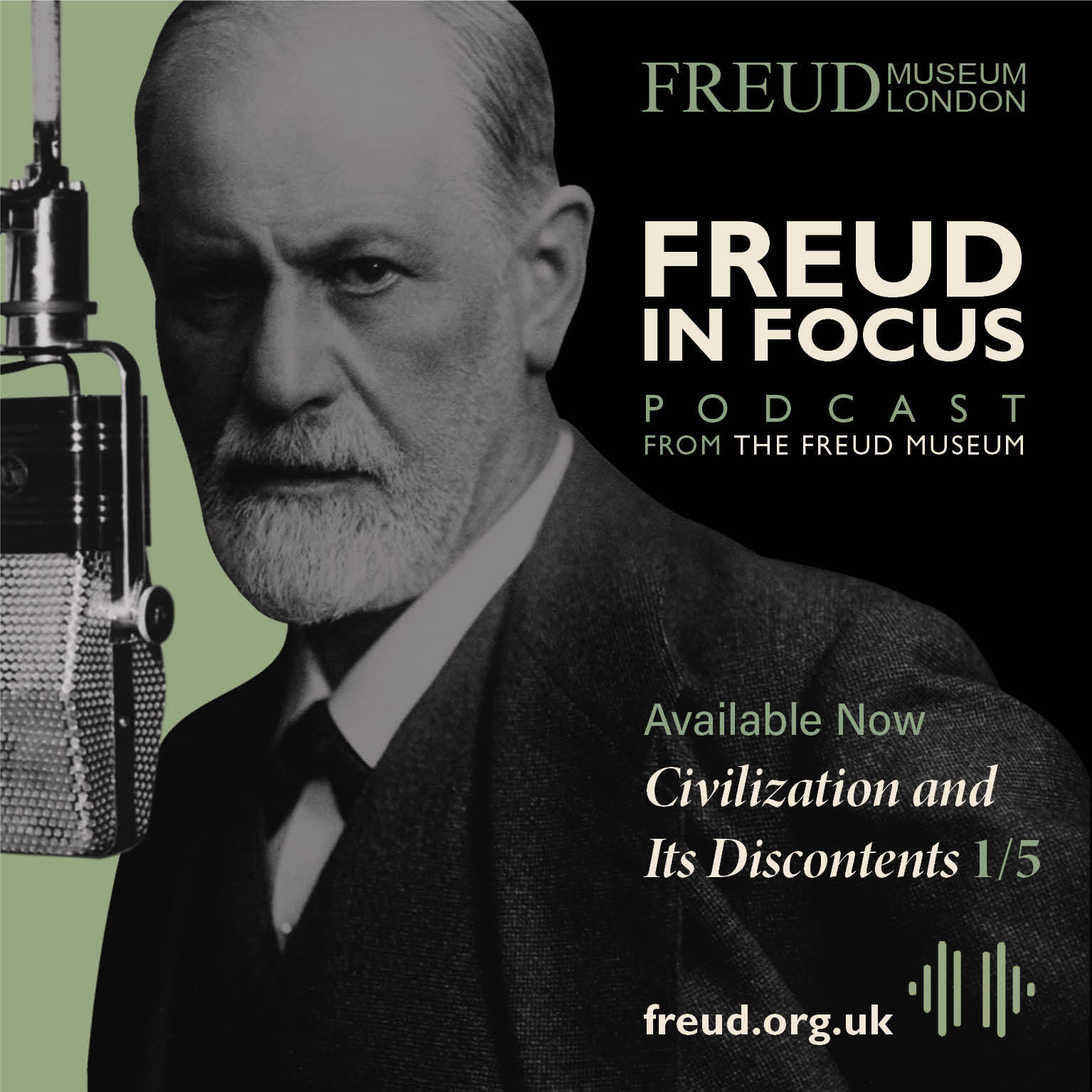
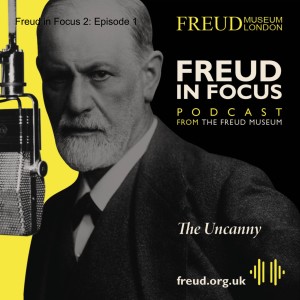
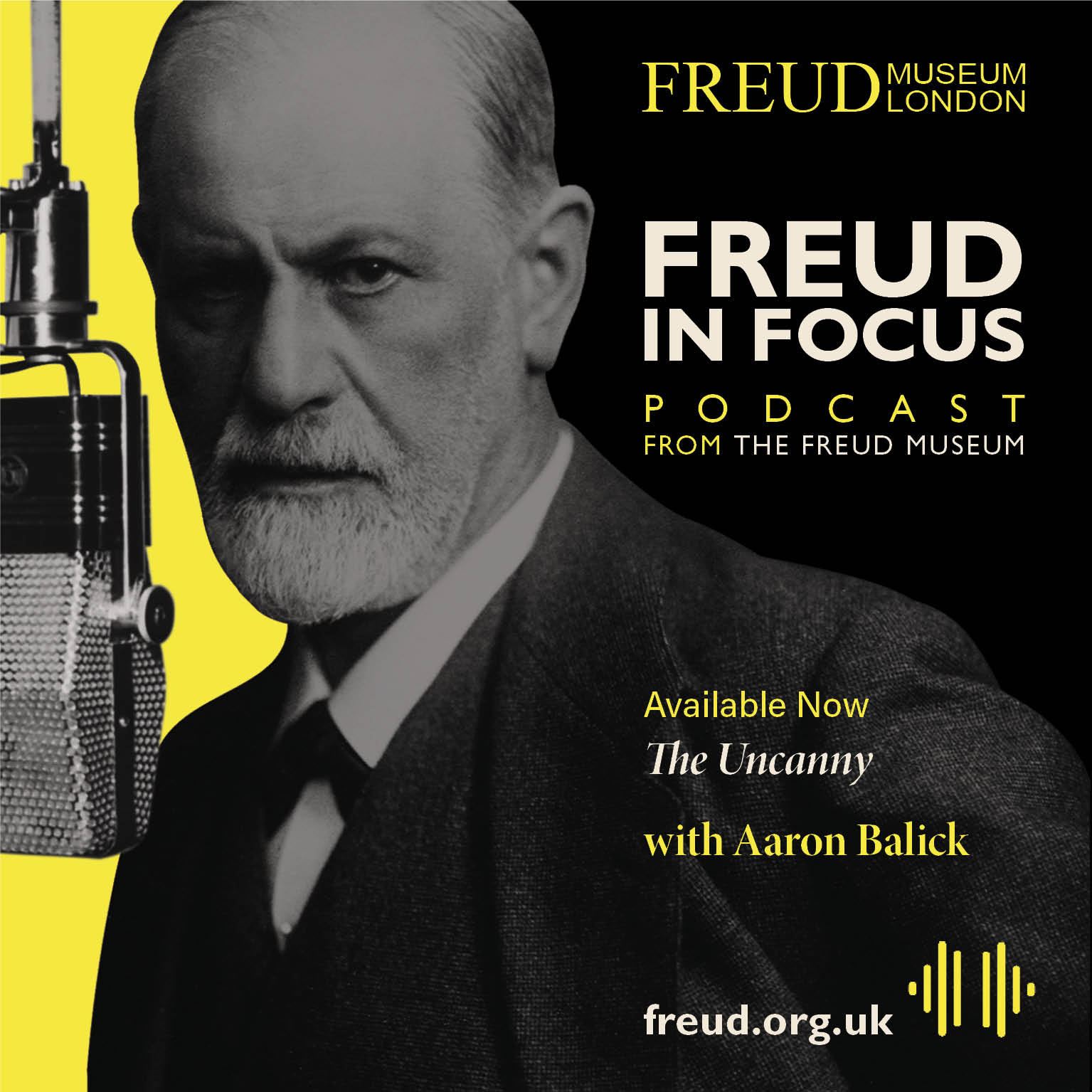
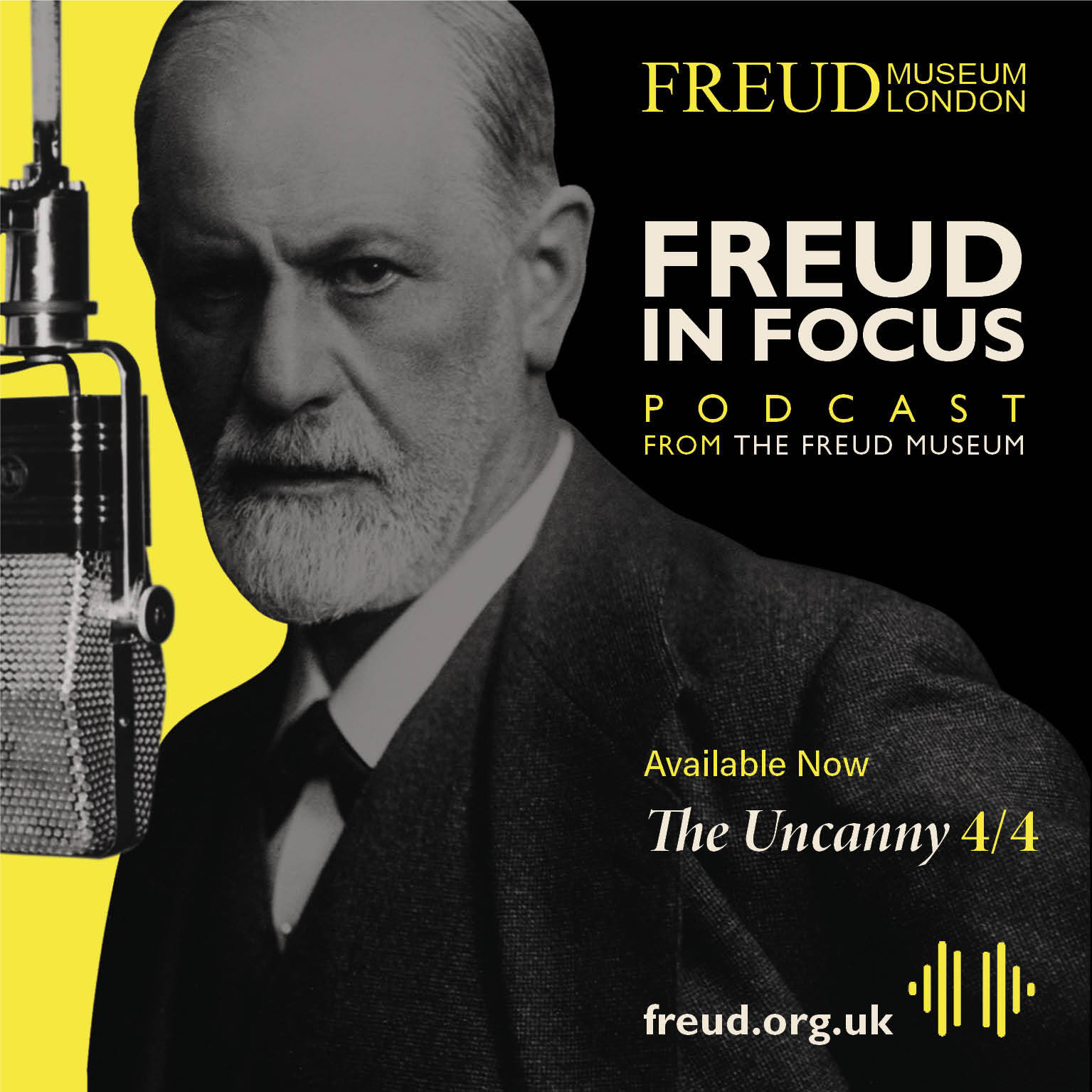
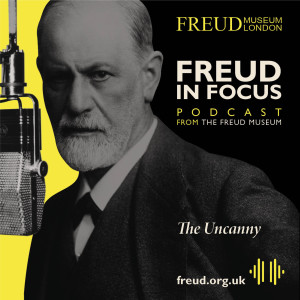
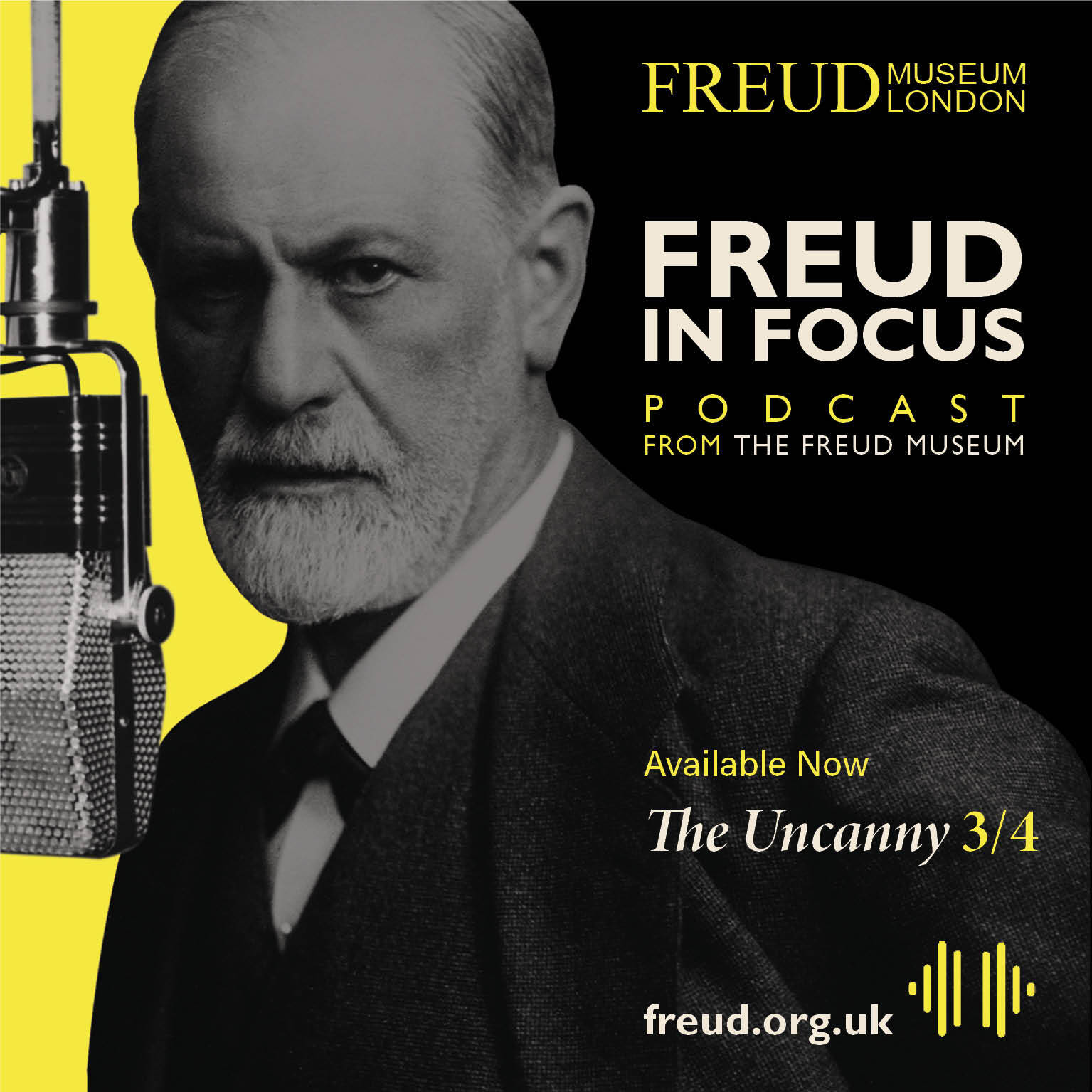
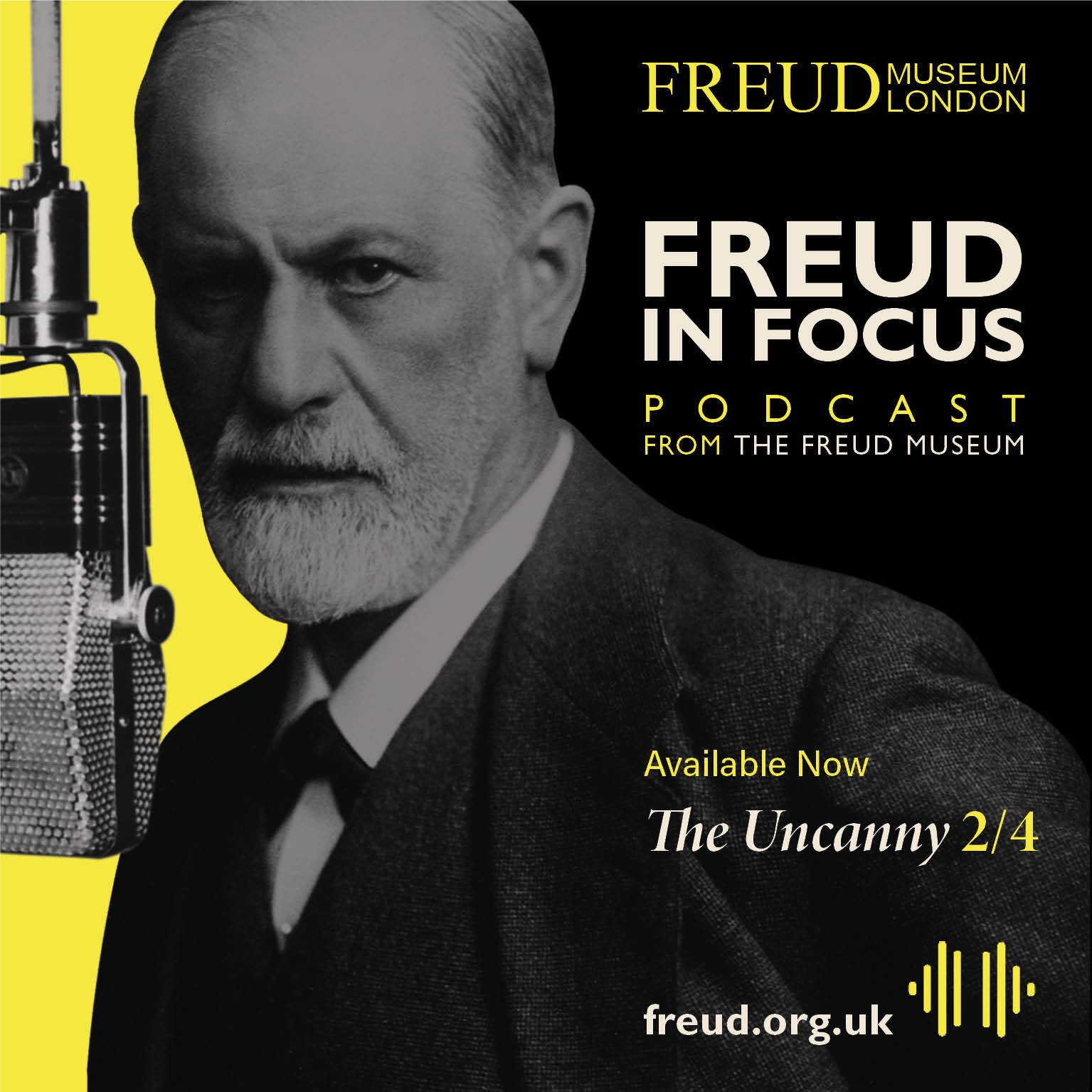
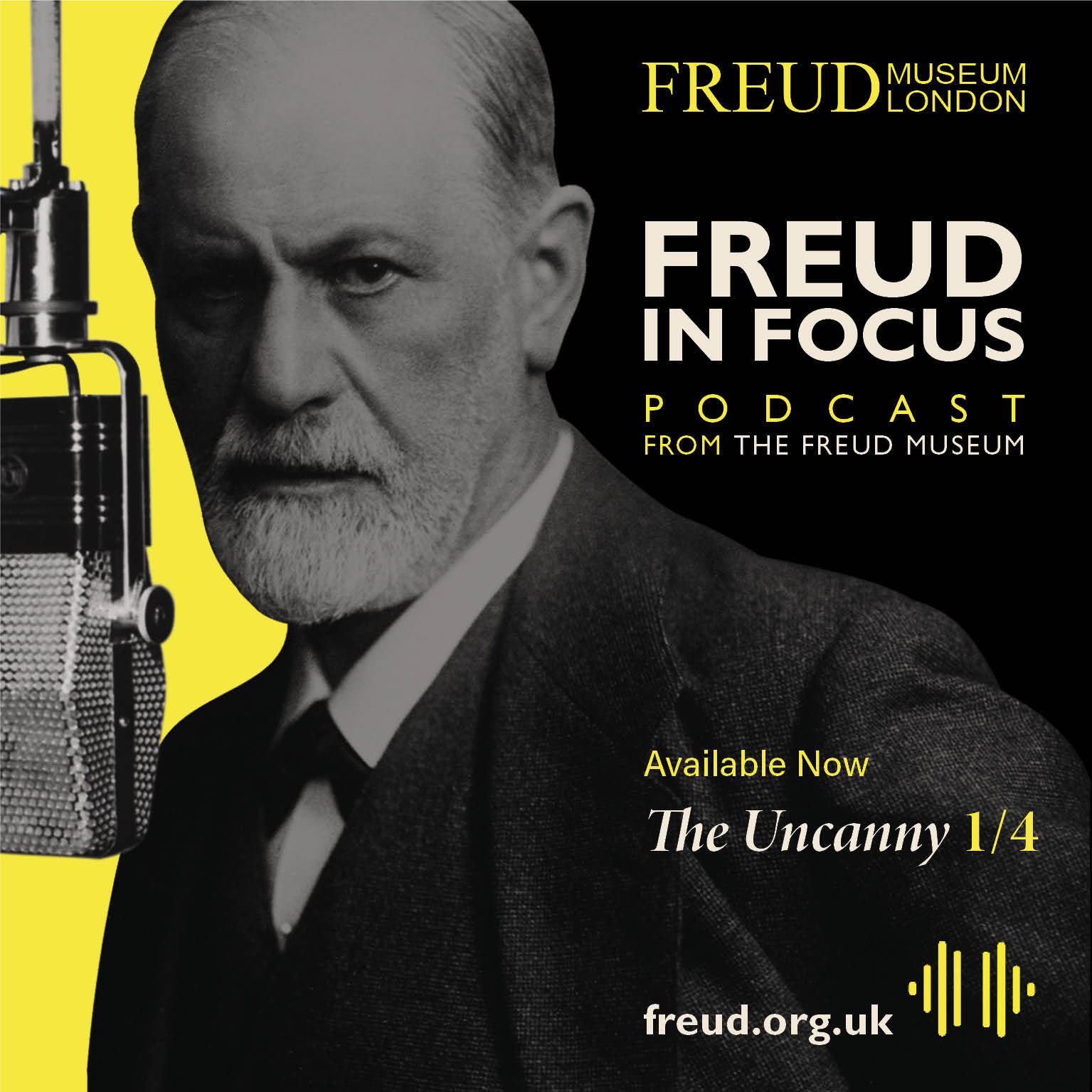
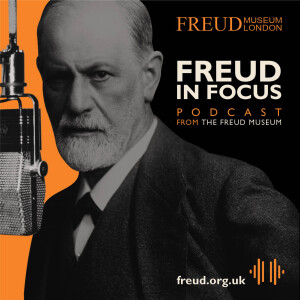
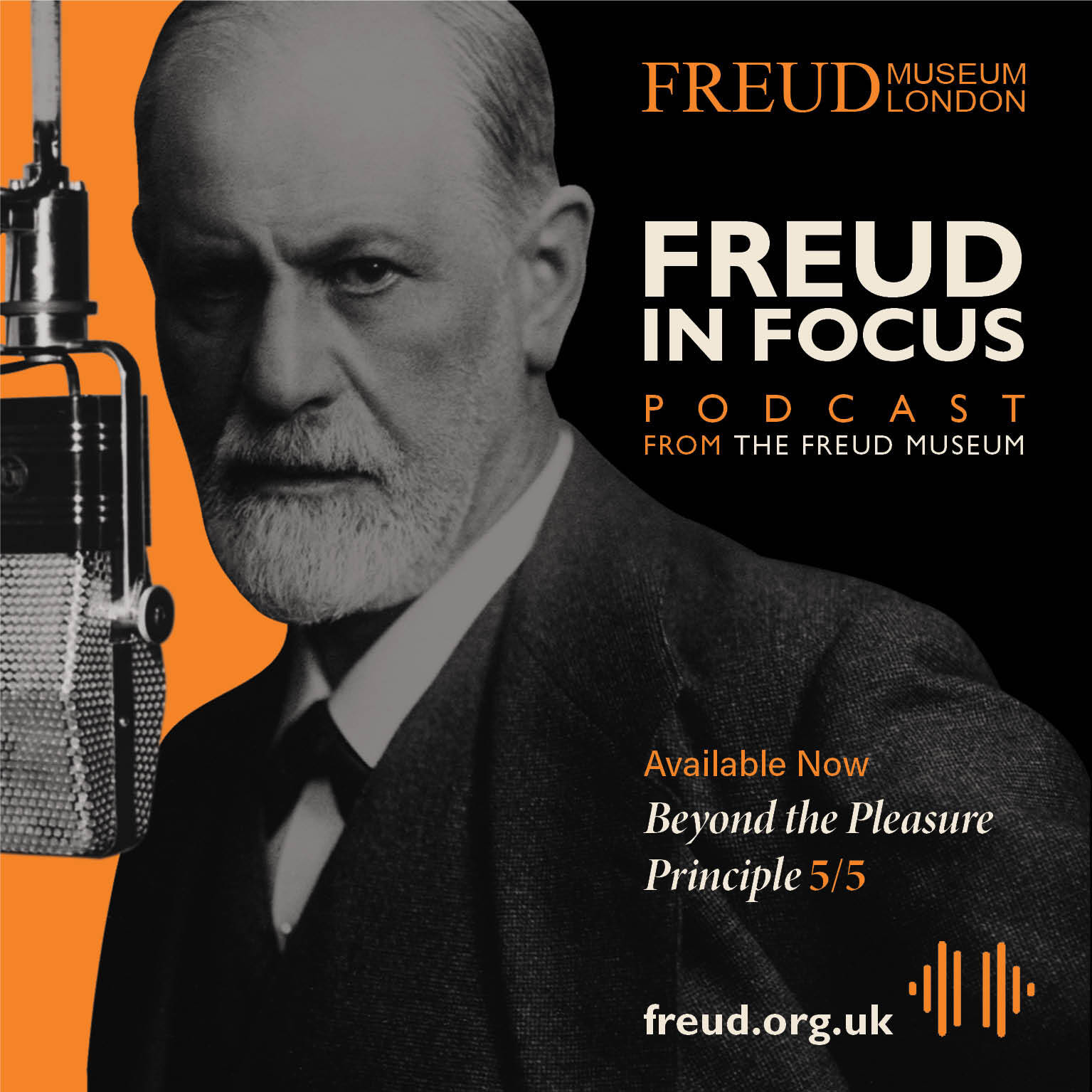
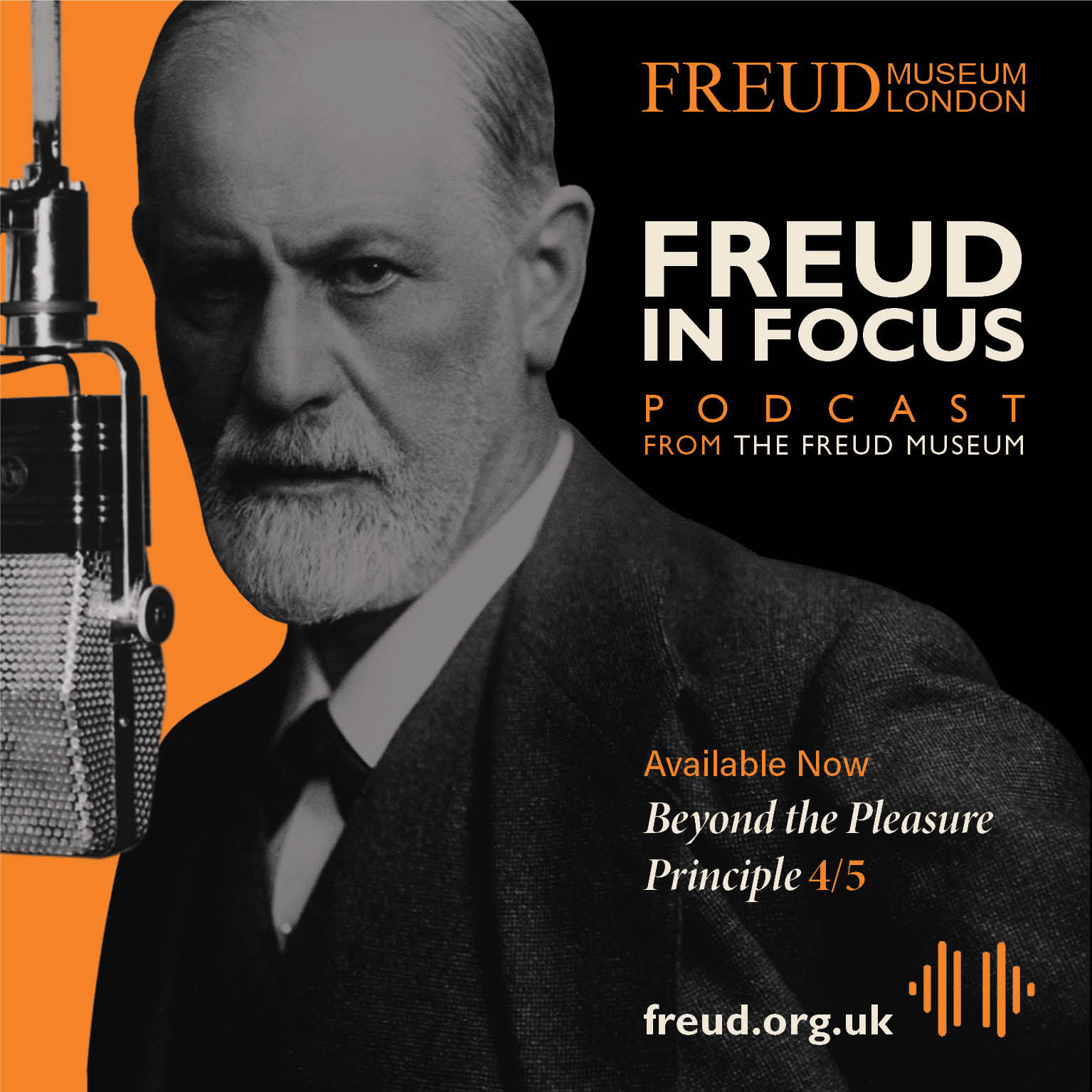
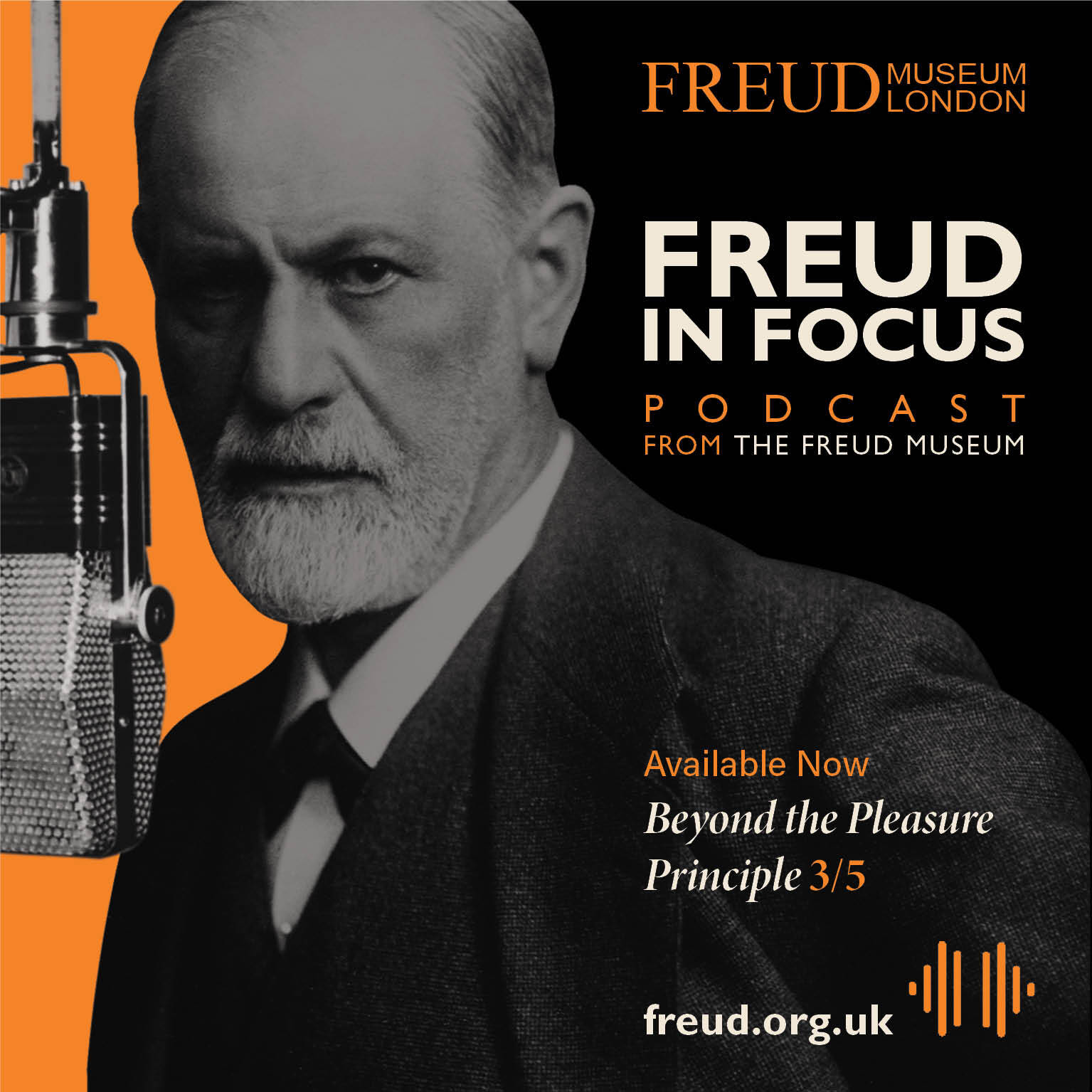
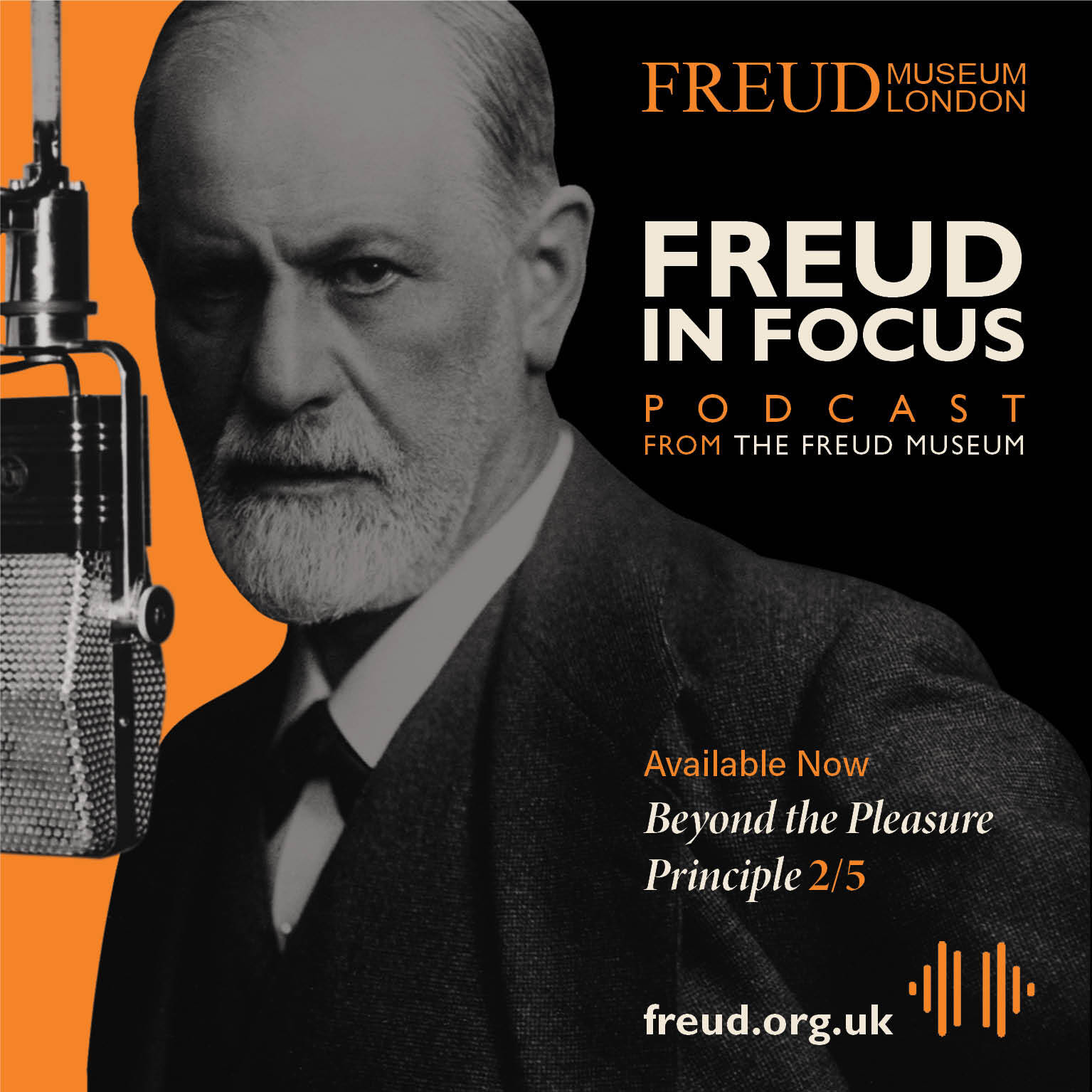
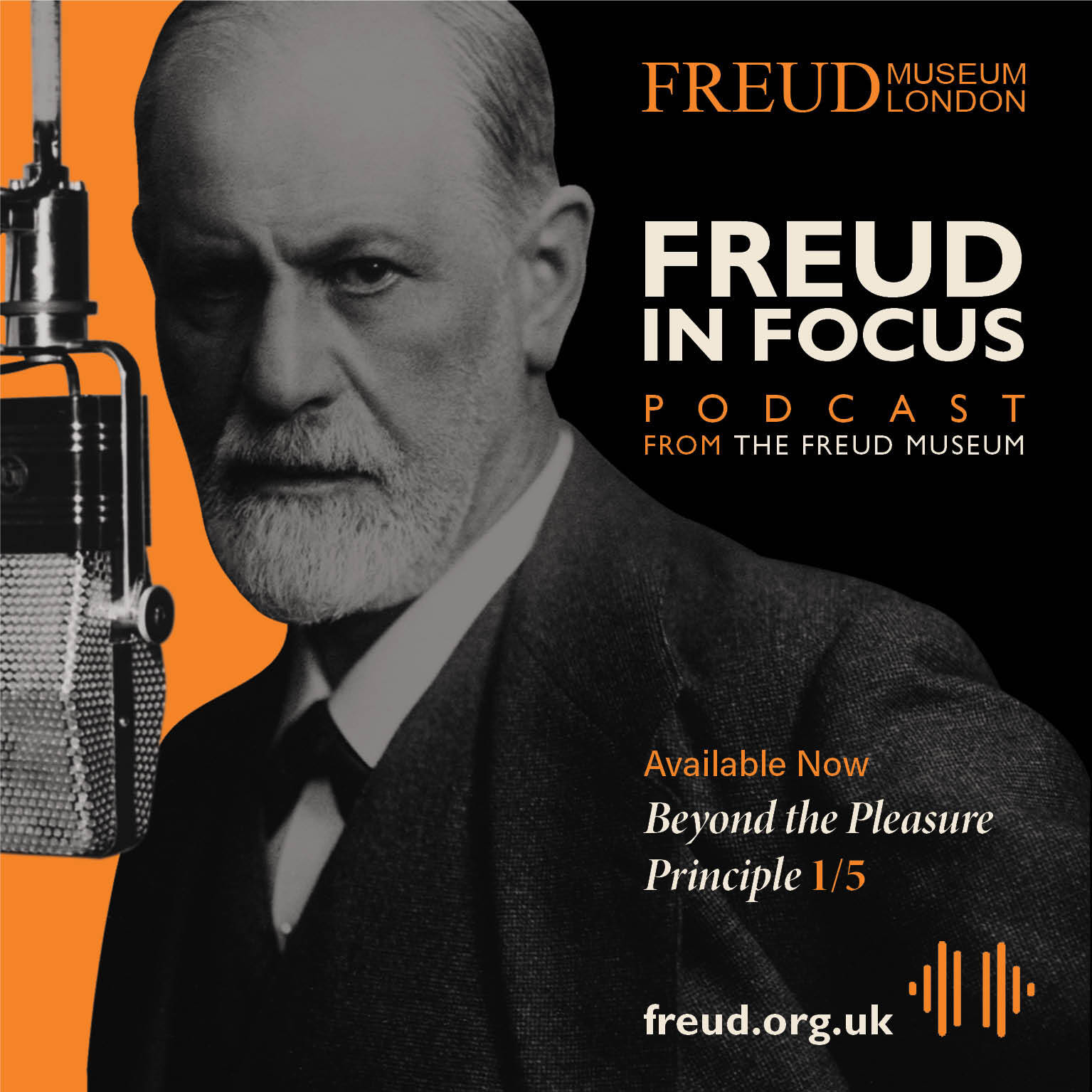
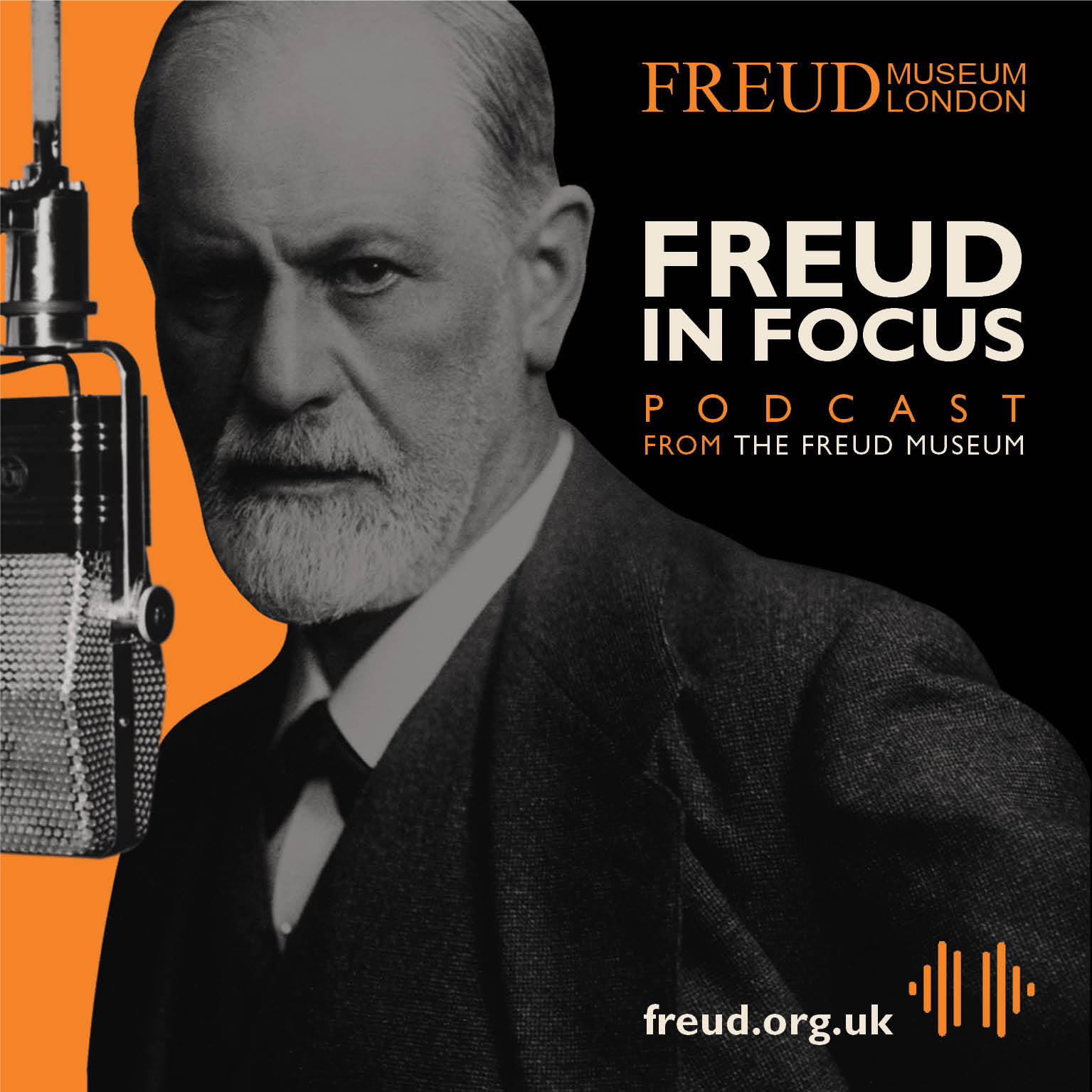
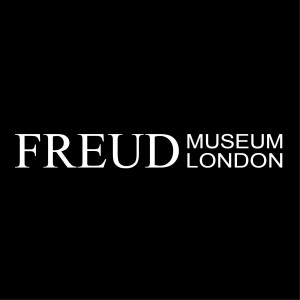
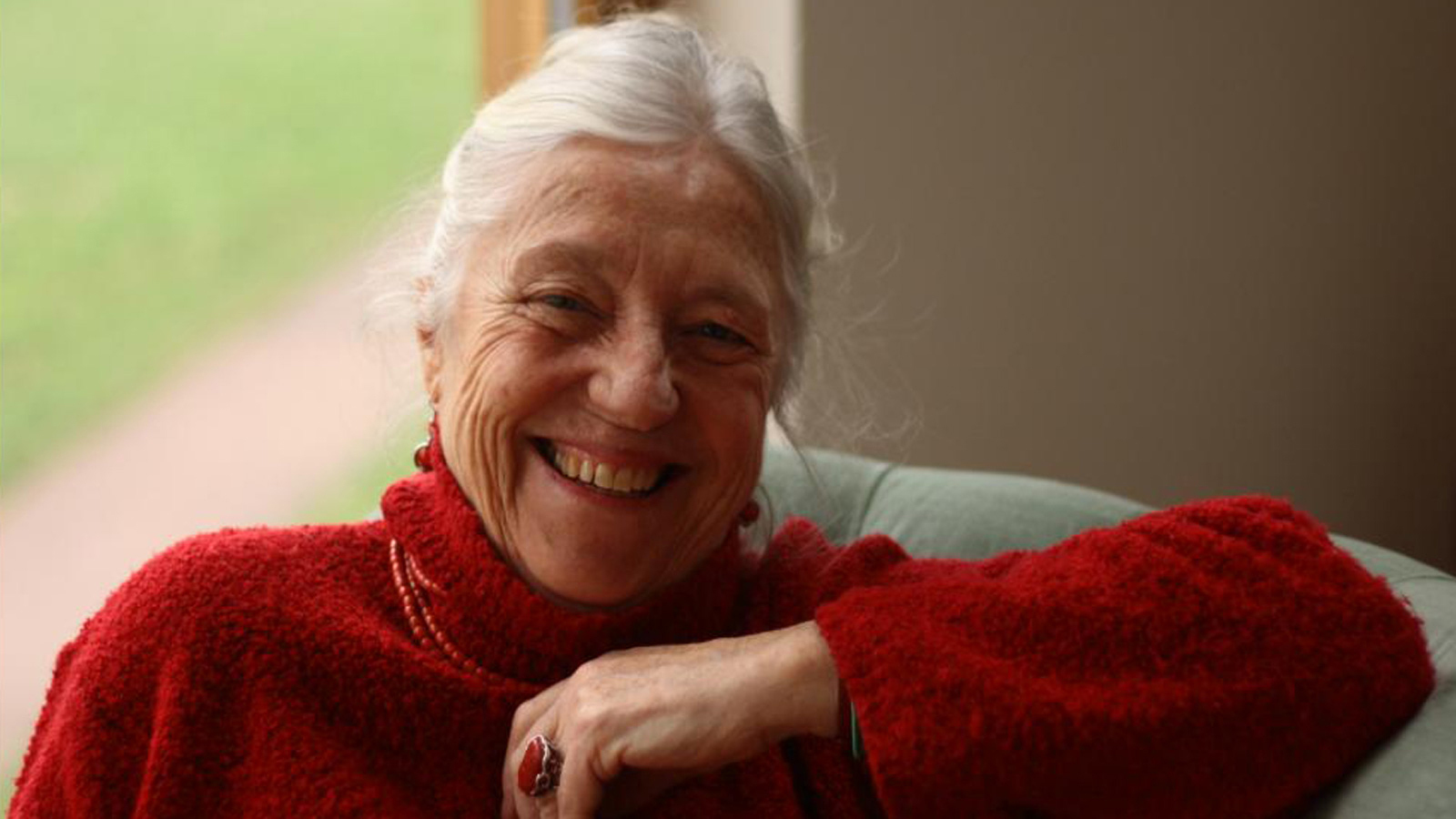 The Freud Museum is delighted to welcome Professor Juliet Mitchell to celebrate her latest publication Fratriarchy: The Sibling Trauma and the Law of the Mother (Routledge, 2023).
The Freud Museum is delighted to welcome Professor Juliet Mitchell to celebrate her latest publication Fratriarchy: The Sibling Trauma and the Law of the Mother (Routledge, 2023).


